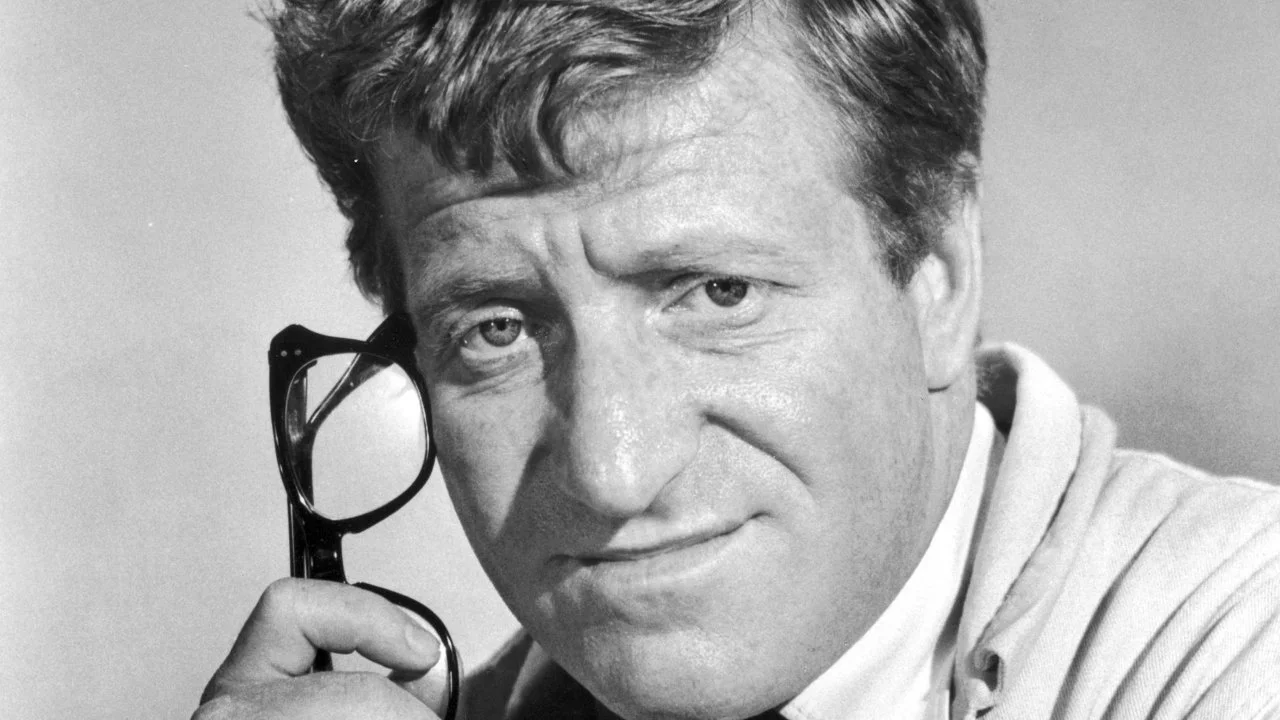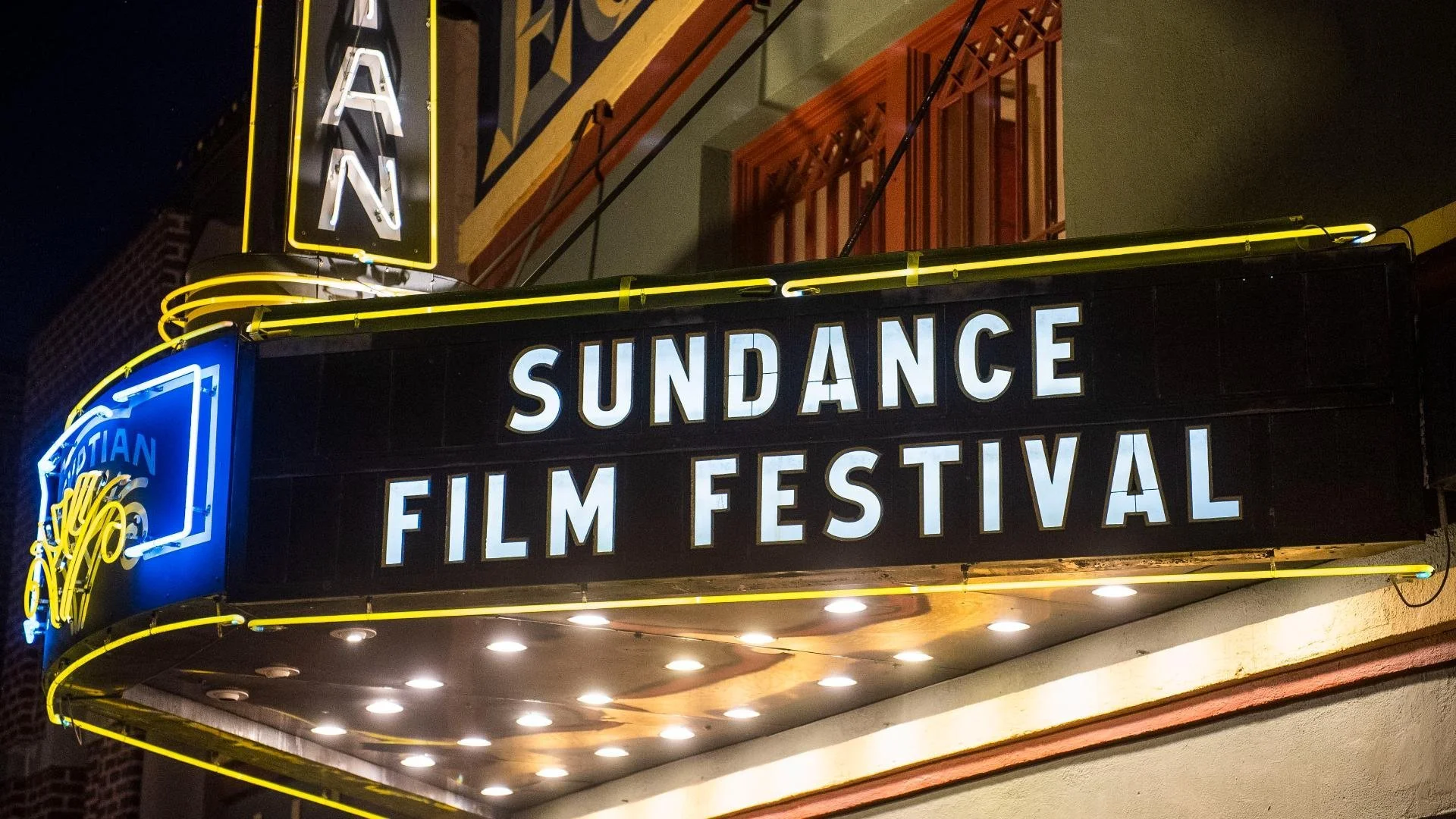'Chainsaw Man' Retrospective
Image Source: IMDb
When doing a retrospective look at content, we typically focus on content that has been around for a while and has had time to really change a genre or force it to evolve. This time, though, we are looking at Chainsaw Man, which is a brand new anime series. The manga launched in 2018 and still has new issues being released, and the anime series premiered in 2022. Let’s take a look at how a brand new anime series has changed the shōnen anime genre forever. WARNING!! Contains spoilers for Chainsaw Man season one!!
Chainsaw Man was created by Tatsuki Fujimoto and follows Denji, who is a poor and starving teenager living on the streets of Japan. In his reality, devils walk among humans and are created due to human fears. There are devil hunters in both private and public sectors who do their best to keep the people of their respective countries safe. Denji is owned by an organized crime family who are forcing him to pay off the debts of his deceased father. To do this, Denji is forced to sell parts of his body and fight devils. He also has a small chainsaw dog, Pochita, who is a devil that he chose to save rather than the usual termination. After he is almost killed by a devil that has taken over the crime family, he meets Makima, who allows him to become a hired devil hunter. This might sound like your typical shōnen story, but this anime is so much more than that.
RELATED:
Image Source: IMDb
In case you aren’t aware of what this genre is, let me quickly break it down for you. The shōnen genre of anime is targeted at a young male audience between the ages of 12 and 18. This genre is known for its action-packed adventures, quests, and battles, which typically take place in sci-fi settings. Some of the most popular anime series in this genre are the Dragonball franchise, My Hero Academia, One Piece, Jujutsu Kaisen, and Naruto, just to name a few. Like any genre, certain tropes are expected to exist within these shows, and Chainsaw Man does an incredible job of reimagining these tropes in a unique way.
For starters, in most anime within this genre, the main character is a morally sound person who has a central goal or purpose that motivates their entire journey. Goku wants to be the strongest fighter, Naruto wants to be the next Hokage, Luffy wants to be King of the Pirates, and Deku wants to become a hero. All of these characters have a central goal, and every choice they make is based on the achievement of this goal. In Chainsaw Man, Denji starts his story by saying that he wants to live a good life, but after meeting Makima, his new central goal is to touch boobs. Every single choice he makes is to achieve this goal, and while that might seem self-centered, it leads him to save countless lives.
Another trope is the presence of a tournament that the main core group must fight in that somehow ties into their central goal or journey. In this series, there isn’t a tournament; instead, there are multiple small battles that lead to the war at the end of season one. The minibattles feel like the qualifier rounds of the tournament, and then war is the finals. The last and most popular trope that I am going to mention is the training sequences. Typically, these are filled with humor, and we watch as the hero and/or core group overcome their limitations thanks to an inspiring and motivating mentor.
In Chainsaw Man, we get a training sequence, but it is anything but motivating and inspiring. Instead of silly banter, we watch as Denji and Power are killed over and over again each time that they fail. Their mentor isn’t trying to inspire them; he is just trying to break them repeatedly until they are strong enough to win in the upcoming war. This might sound bleak and hardly enjoyable, but it honestly led to one of the best arcs in season one.
Fujimoto does a great job of taking the tropes and making them his own. This reminds me so much of what Wes Craven did with Scream and how his choices with that film changed the horror genre forever. While Chainsaw Man is still incredibly new, I believe that we are going to start seeing its impact on new shōnen anime and manga that will begin releasing in the next year or so. Fujimoto has opened the gates for authors and illustrators to get creative and see just how far they can push the bounds of the tropes that have existed in their genre for decades.
Chainsaw Man is available to stream on Crunchyroll and Hulu.
READ NEXT:















